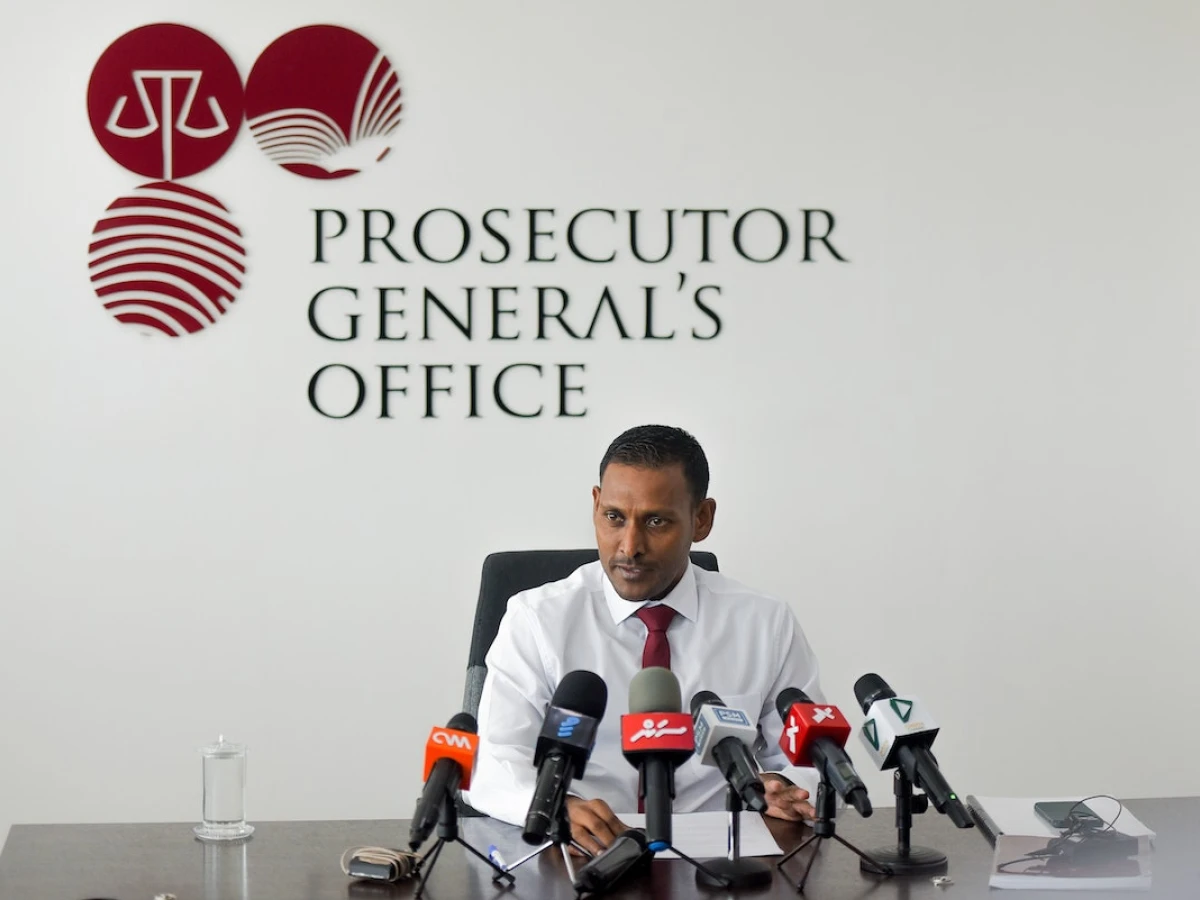
Committee approves 3-month detention without charges
If passed by parliament, the law will allow the police a maximum of three months to investigate major cases.
By
Mohamed Muzayyin Nazim
Parliament's Judiciary Committee has approved an amendment proposed by the government to allow police to extend the time period for investigating serious crimes by three months. If the amendment is passed by parliament, people can be detained for up to three months without being charged.
Now that the law is in place, the police get a maximum of 75 days in major criminal cases, except terrorism cases. Earlier amendments to the Anti-Terrorism Act provided for a maximum of 90 days to investigate those arrested under it.
MDP MP from Ihavandhoo constituency Mohamed Shifau submitted a bill to amend the Criminal Procedure Code on behalf of the government in May.
The bill, which was adopted by the committee on 26 October, has a major change in the time limit for the police to investigate serious criminal cases and the time given to the Prosecutor General (PG) to file charges.
As the Criminal Procedure Code currently stands:
-
If a person is arrested in a case and produced before a judge for remand, he or she should be remanded to judicial custody within 30 days from that date and sent to the PG office.
-
Only 45 days are available to complete the investigation of a person released from custody and file a chargesheet.
-
Since the alleged offence is a cognizable offence and the nature of the case does not complete the investigation within 30 days, the PG has the power to extend the period of investigation by a maximum of 45 days.
The government had sent the bill to parliament to extend the 45 days that the PG currently has to 60 days if the police want to extend the investigation in serious criminal cases. That's what the committee approved. With this, the committee has laid down a condition:
-
The PG may extend the period of investigation so that it does not exceed 15 days at a time
If passed by parliament, the police can be allotted a maximum of three months to investigate major cases. With this, a person can be detained for up to three months without being charged.
Major criminal cases include:
-
Homicide
-
Rape
-
Child sexual abuse
-
Money laundering
-
Human trafficking
-
Smuggling drugs
-
Aggravated assault
-
Offences involving cash amounts ranging from MVR 100,000 and above
-
Offences punishable with imprisonment for a term which may extend to 10 years
PG to order passport impounds
When the government sent the bill to parliament, the clauses were further elaborated by changing the expressions for impounding passports to "restricting departure". The committee supported the changes, and added amendments of their own:
-
In cases where a chargesheet is sent to the PG office, such an order shall be sought from the PG
-
The order shall be sent to the accused within 24 hours after the court issues it
As is now, it is the police who have to approach the court for an order to impound a passport. If the PG office wants to do it, it has to be done through the police.
Some other aspects of the Criminal Procedure Code bill amendments:
-
Extension of time for the PG to file a case in court to 15 days; as per the law now, cases have to be submitted to court within 10 days
-
In major criminal cases, if there is a possibility of the witness being threatened because of their testimony, he may approach the court seeking witness protection
-
The witness also has the right to request the state and approach the court for such an order
-
Some cases in the High Court can be resided by a single judge




